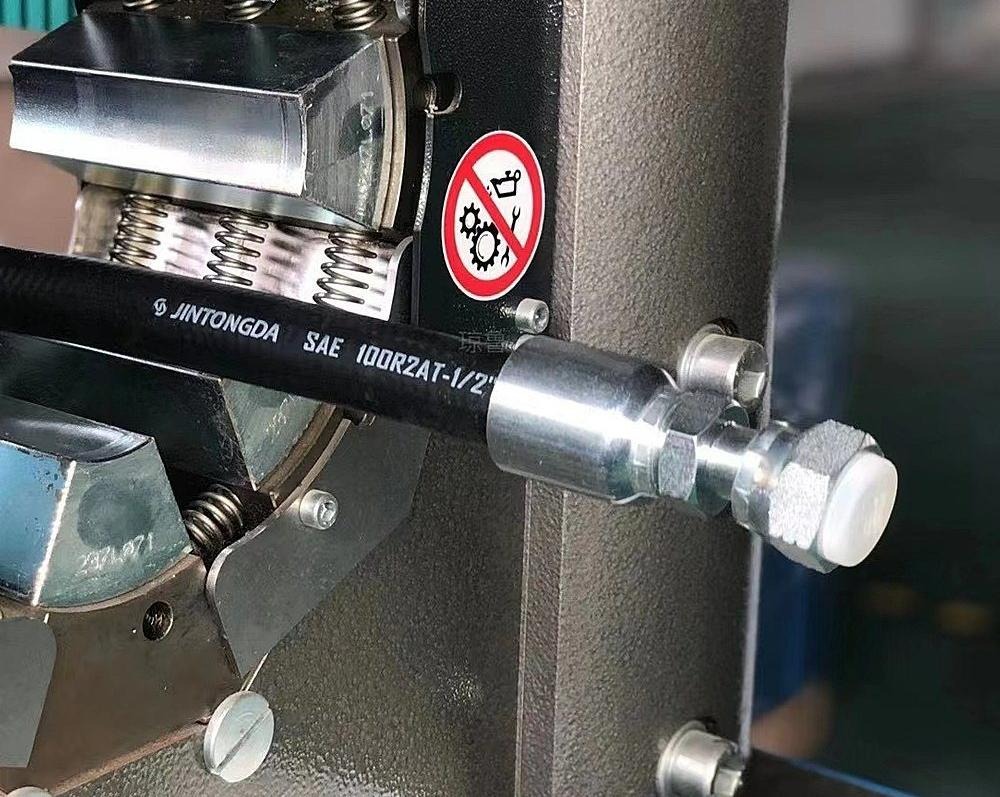In an ever-evolving field of industrial applications, selecting the correct chemical upstream hose is critical to ensuring operational efficiency, safety and longevity. With a global industrial layout and nearly ten years of experience, the company has a deep understanding of the market, enabling us to provide high-quality products that meet the diverse needs of customers. As we delve into the key factors to consider when selecting chemical upstream hose, we draw on our extensive development and international perspective to guide you through this important process.
Learn about the application
The first step in choosing the right chemical upstream hose is understanding the specific application it will be used for. Different chemicals have different properties, so hoses must be selected that can withstand the specific chemical composition, temperature and pressure of the fluid being transported. For example, if you are handling corrosive substances, you will need a hose with excellent corrosion resistance. Known for their resistance to high pressures and abrasion, our hydraulic hoses are designed to meet these demanding requirements.
Material Compatibility
Material compatibility is another key factor to consider. Hosing materials must be compatible with the chemicals they transport to prevent degradation and ensure safety. Commonly used materials for chemical hoses include rubber, PVC and thermoplastic elastomers. Each material has its own advantages and disadvantages, so it's important to consult an expert to determine the best option for your specific needs. Our extensive product line includes hoses that have been engineered to deliver outstanding results in a variety of industrial applications.
Pressure and Temperature Ratings
When selecting chemical upstream hose, pressure and temperature ratings must be considered. The hose must be able to withstand the maximum pressure of the system without bursting or leaking. Additionally, the temperature range of the application should be considered, as extreme temperatures can affect the integrity of the hose material. Our hydraulic hose are engineered to withstand high pressures and a wide range of temperatures, making them suitable for use in a variety of industrial environments.
Length and diameter
The length and diameter of the hose are also important factors to consider. The hose should be long enough to reach necessary connections without excessive bends or kinks, which can cause reduced flow and increased wear. The diameter must be suitable for the flow required by the system. Choosing the correct size ensures optimal performance and minimizes the risk of clogs or leaks.
Regulatory Compliance
Finally, it is critical to ensure that the hose you select complies with industry regulations and standards. Many industries have specific guidelines regarding the materials and construction of hoses used to transport chemicals. Compliance not only ensures safety but also protects your business from potential legal issues. Our company prides itself on adhering to international standards and providing products that meet or exceed regulatory requirements.
in conclusion
Selecting the correct chemical hose is a multifaceted process that requires careful consideration of a variety of factors, including application, material compatibility, pressure and temperature ratings, length and diameter, and regulatory compliance. With nearly a decade of industry development and a commitment to quality, our company is equipped to provide you with the right solution for your needs. By leveraging our global perspective and expertise, you can ensure your operations run smoothly and safely, allowing you to focus on what matters most – growing your business.
Post time: Oct-17-2024



